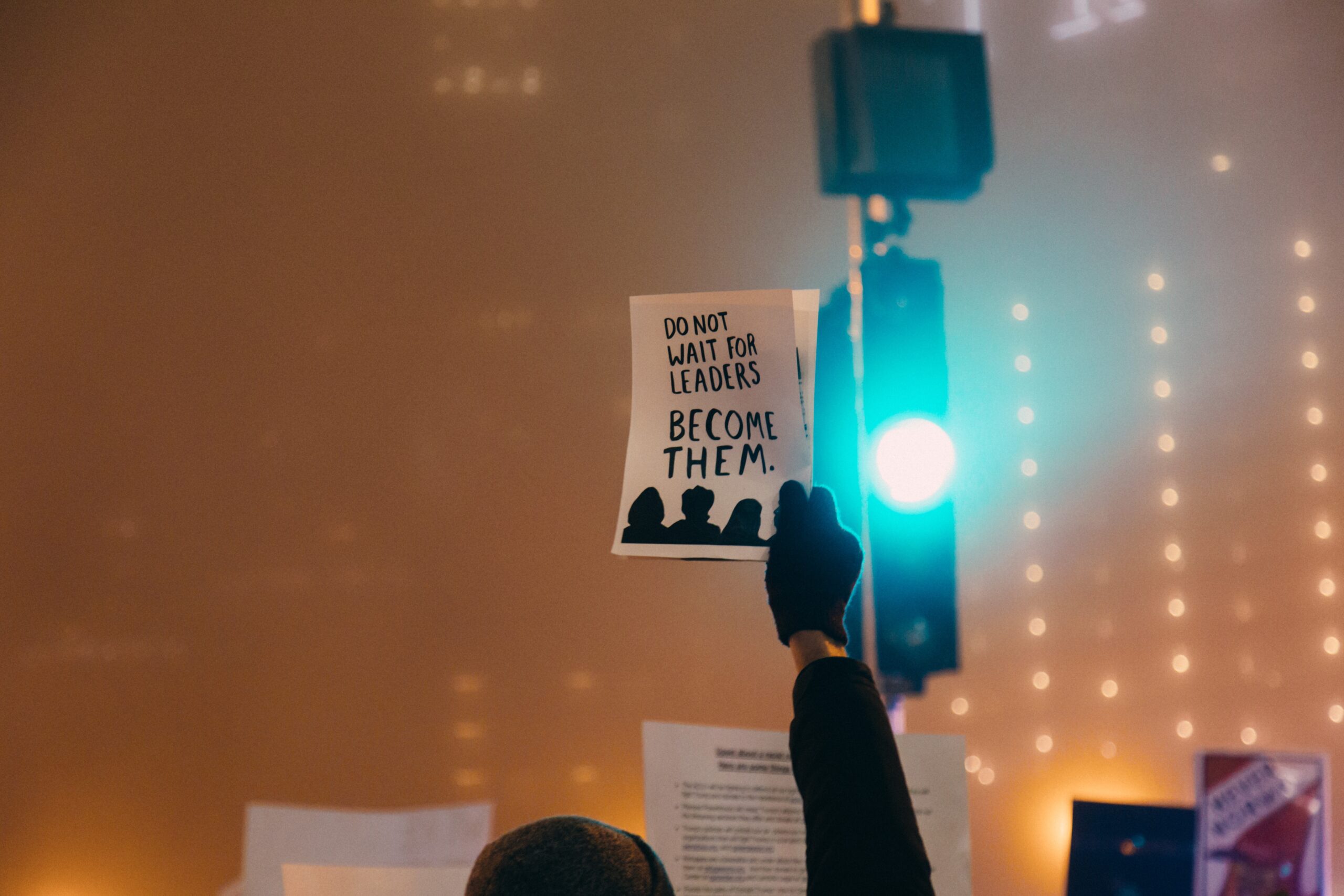Communication is a fundamental human expression. Which is why it is an essential element of every interaction, and why it’s the basis of design for all systems. Like most people, I’ve struggled with it greatly, and still do. I can’t tell you the number of personal interactions that have left me going “wtf” afterward. Or the numerous horror stories we all hear from work.
These communication mishaps or miscommunications have a profound effect on our personal experiences and work cultures. In fact, in many major incidents, there was someone who knew something that if it had been communicated in time, and to the right people, could have either prevented the incident from taking place or greatly mitigated its consequences. But this does not happen because of various barriers to communication.
So we’ve come to believe that living your best life is about the nature of the experiences we create for ourselves and others. And that begins with effective communication.
In our work with clients, we’ve found that the most effective leaders usually work hard to root out any obstacles to communication. What these leaders do – whether in one-on-one conversations or group settings is – talk openly and candidly about all things, the good and not-so-good. They welcome different opinions and perspectives and don’t react negatively when their viewpoints are challenged. By the way, our idea of leaders is all of us, that means you also, regardless of any formal title or position.
A remarkable outcome of these behaviors is that it makes others feel safe to speak up and contribute openly because there are no negative consequences for doing so. In our experience, people who practice these behaviors seem to have a healthy relationship with themselves, which then creates a safe environment for others. There is a general sense of treating each other with honesty, fairness, and respect – characteristics that are foundational to healthy relationships of all kinds.
This type of transparent communication seems hard at first because of the many conflicting styles and social norms most of us have learned around communication. Our aversion to “looking” like we don’t know the answer to something and the fear of admitting to mistakes exacerbates this.
The things that are important to us can often feel difficult to express. But the outcomes of embracing open communication are too awesome to not give it a try – it cultivates trust, encourages speaking up, promotes accountability, fosters true teamwork, and continuous learning and improvement.





0 Comments